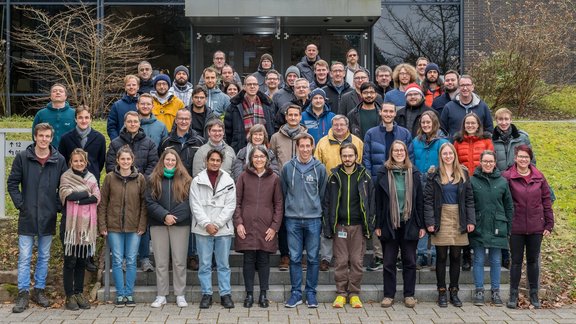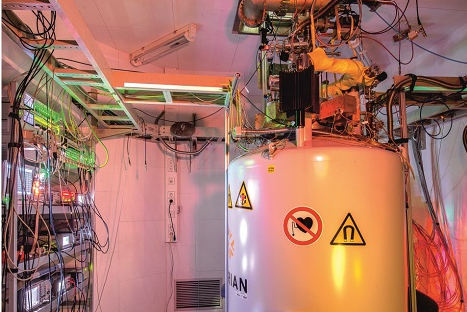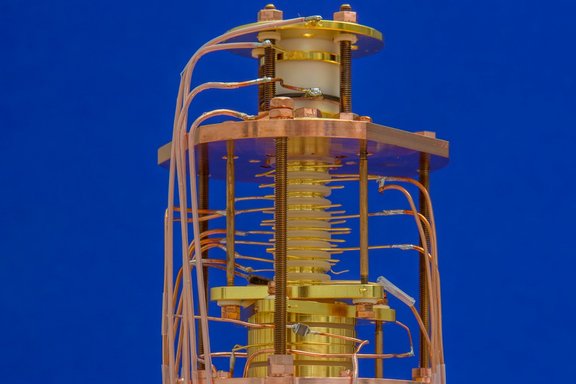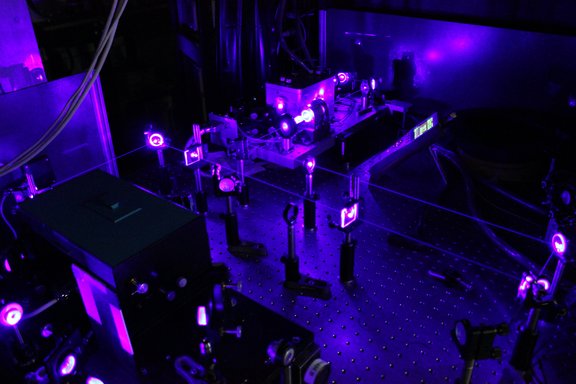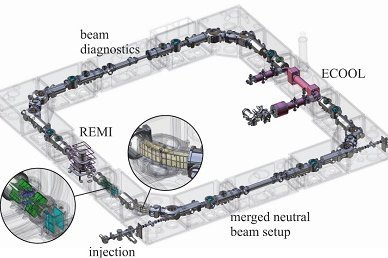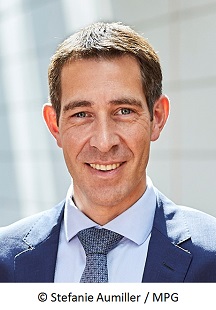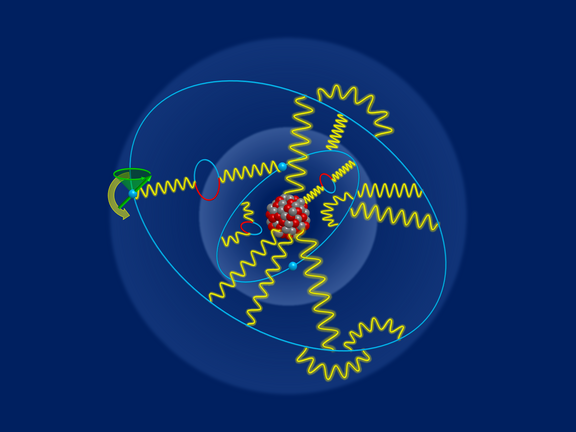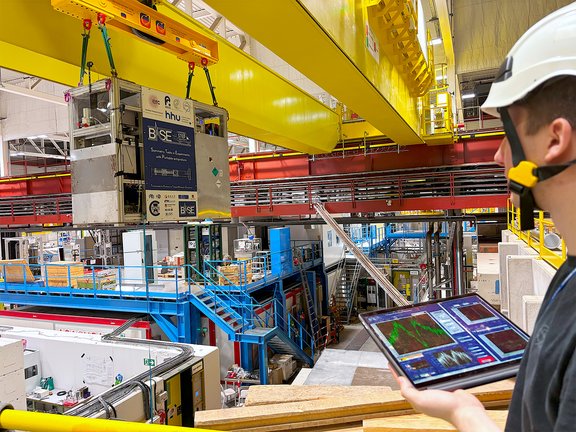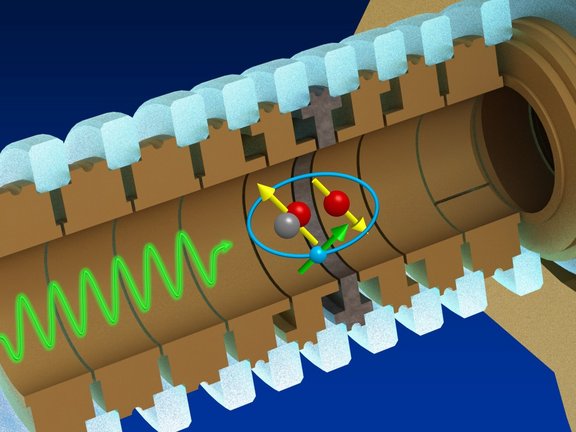Gespeicherte und gekühlte Ionen
Die experimentelle Abteilung „Gespeicherte und gekühlte Ionen“ befasst sich mit Präzisionsexperimenten zur Bestimmung von atomaren und nuklearen Grundzustandseigenschaften gespeicherter Ionen für Tests fundamentaler Wechselwirkungen und ihren Symmetrien sowie mit der Erforschung elementarer Prozesse molekularer Ionen. Dazu werden kurzlebige Radionuklide, Antimaterie, hochgeladene Ionen oder einfache Molekülionen in Penningfallen oder im kryogenen Speicherring CSR unter Weltraumbedingungen gefangen. Auch die Entwicklung neuer Speicher-, Kühl- und Nachweistechniken für zukünftige Experimente ist ein wichtiger Forschungsschwerpunkt der Abteilung.
Nachrichten
Elektronen im Gespräch belauscht: Messung des g-Faktors von lithiumhaltigem Zinn
Forschende des MPIK präsentieren neue experimentelle und theoretische Ergebnisse für den g-Faktor von gebundenen Elektronen in lithiumähnlichem Zinn,…
Der internationalen Forschungskollaboration BASE, zu der auch die Heinrich-Heine-Universität Düsseldorf (HHU) gehört, ist erstmals mithilfe einer…
Zerstörungsfreie Kontrolle des Quantenzustands eines einzelnen molekularen Wasserstoffions
Mit der ALPHATRAP-Penningfalle am MPIK gelang Physiker:innen die zerstörungsfreie Kontrolle und Auslesung der inneren Quantenzustände eines…
